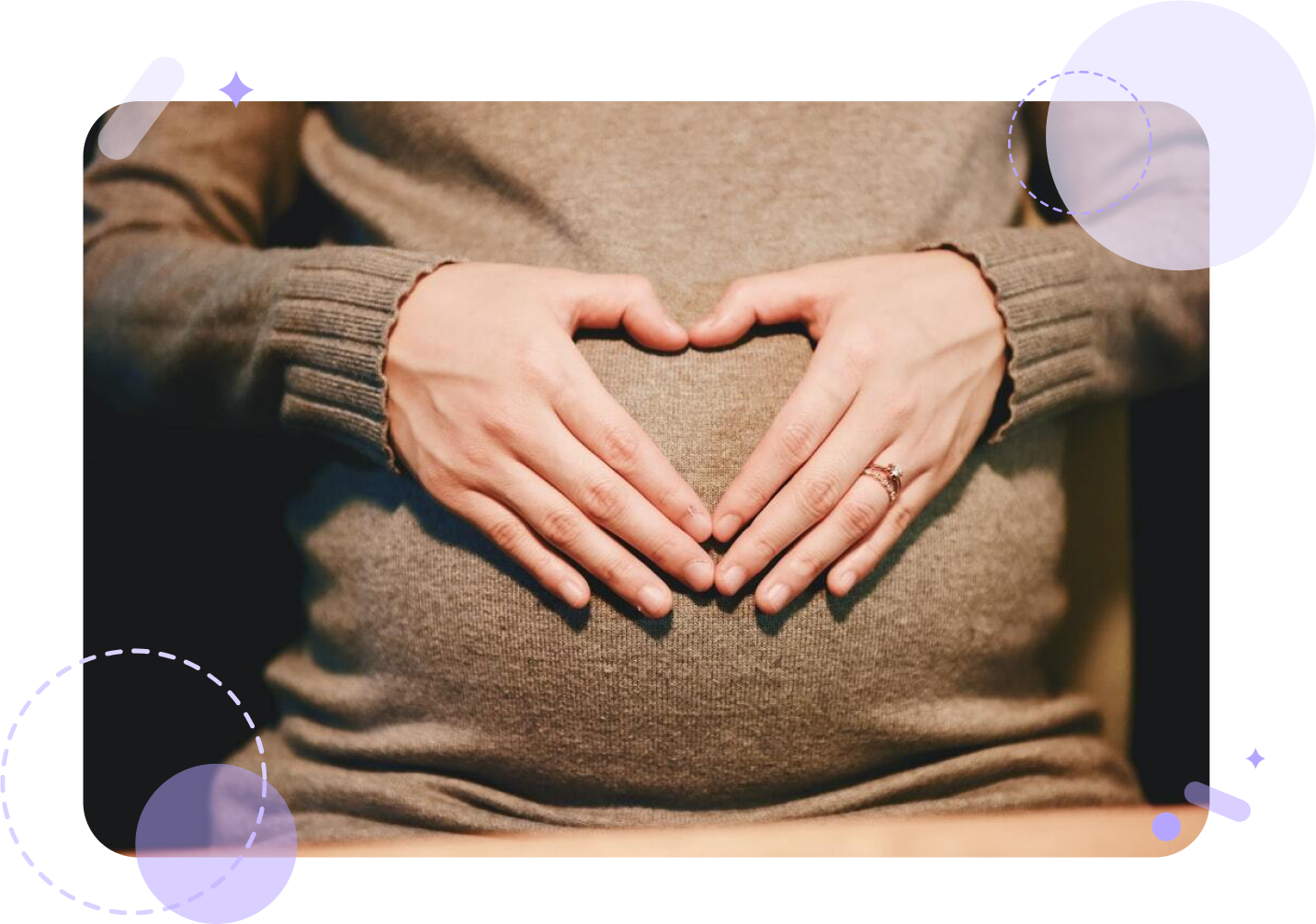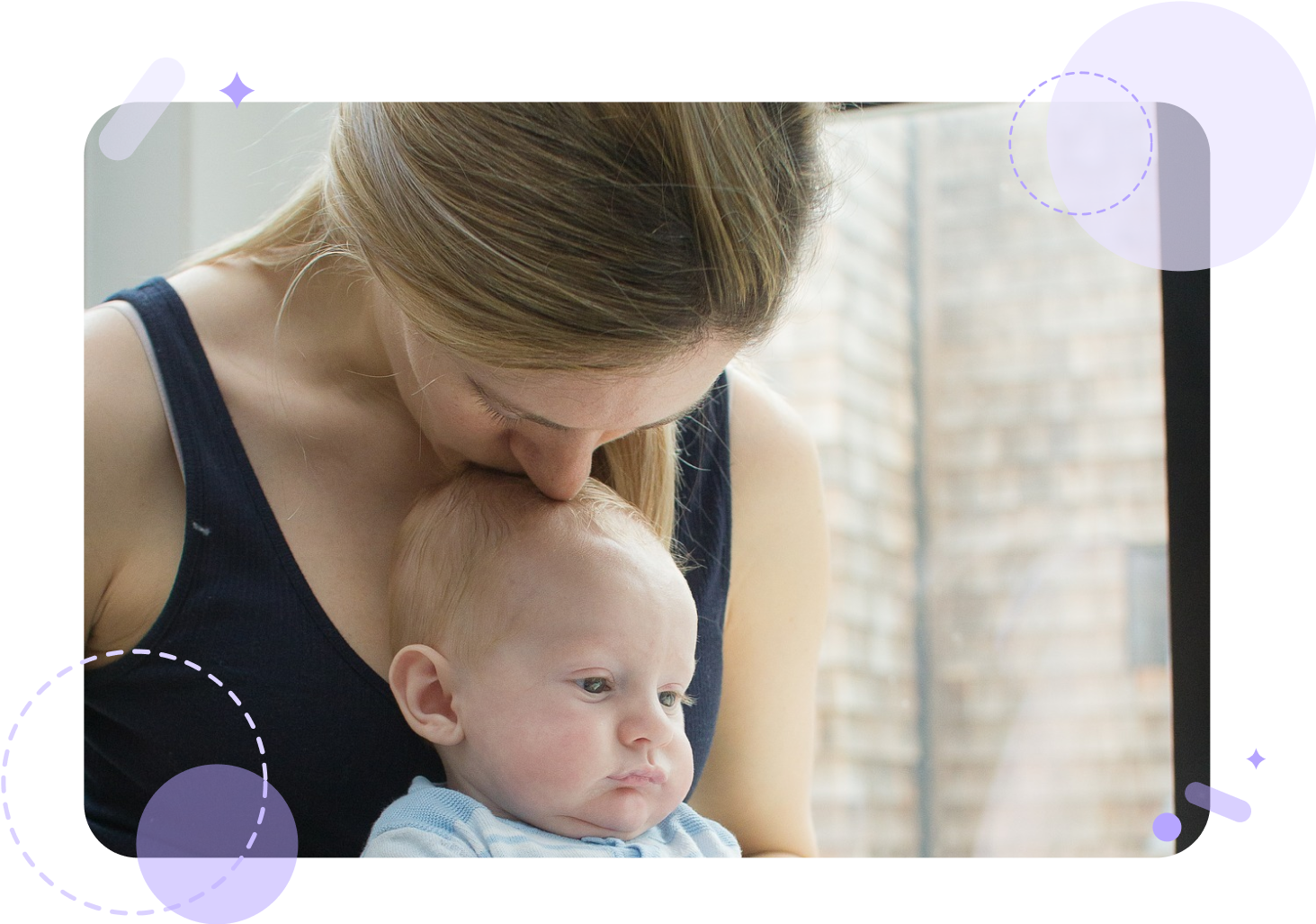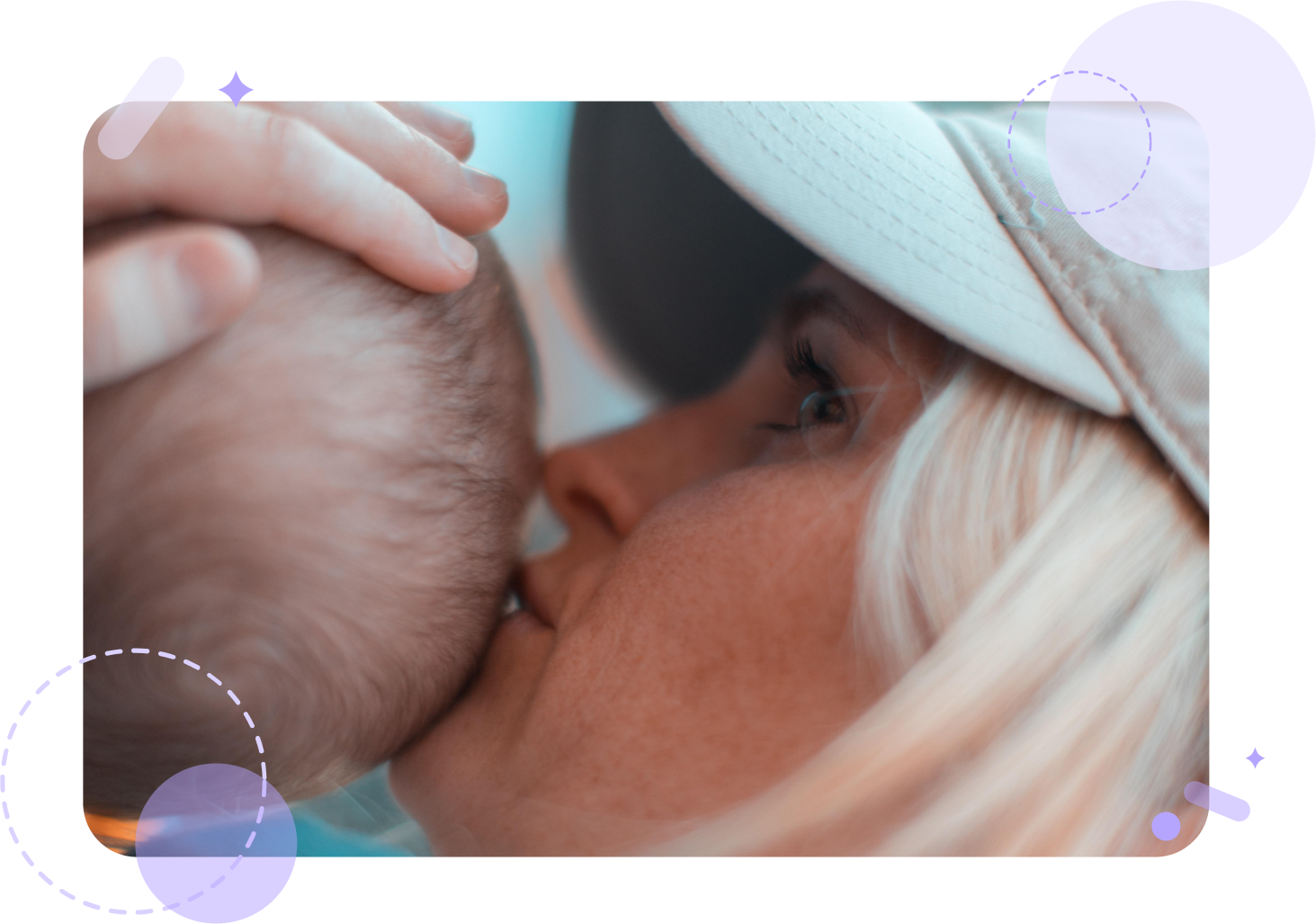
Have you ever had a “false alarm” while pregnant? Even if you’ve yet to encounter false labor, we’ve all seen it happen in movies or on TV shows at one point or another! But what are these false labor alarm, and why do they happen?
False alarms during pregnancy are known as Braxton Hicks contractions, named after the doctor who first described them. These contractions might make you feel like you are going into labor, but it isn’t true labor. Braxton Hicks contractions are your body’s way of preparing you for the real deal. What happens? In simple terms, your uterus contracts mildly to get itself ready for the real contractions required to push your baby out of the birth canal and into your arms!
Braxton Hicks contractions won’t induce labor, although they might thin out the plug of mucus that protects the uterus’s opening, called the cervix, in the same manner as real contractions do. They are harmless to your baby, as they do not result in the cervix becoming shorter and part of the uterine wall, which needs to happen for a woman to enter labor.
When do Braxton Hicks contractions happen?
Typically, Braxton Hicks contractions can begin anytime between your second and third trimester. There have been reports of Braxton Hicks contractions as early as 16 weeks, but they are most common in the third trimester.
There is no clear pattern when it comes to these contractions. You may feel them from time to time, often in the afternoon or during the evenings. Braxton Hicks contractions are irregular and infrequent, usually lasting between 15 to 30 seconds and up to two minutes.
What do Braxton Hicks contractions feel like?
Some women have described these contractions as mild menstrual cramps. They occur due to the tightening and relaxing of the muscle fibers in the uterus. These contractions also help with the supply of oxygen-rich blood flow to the placenta.
What triggers these contractions?
Most women experience Braxton Hicks contractions during their pregnancy, some more often than others, and some don’t feel them at all. Some of the factors that might trigger these contractions are:
- A full bladder
- An active day
- Dehydration
- Specific abdominal movements or muscle spasms
What should you do when you feel these contractions?
Braxton Hicks contractions are also known as practice for labor. For first-time pregnant moms, it might feel like these contractions might induce labor, but that is not the case. If you experience early mild cramping around your third trimester, you most likely have a false alarm on your hands, so try not to worry about having a preterm delivery unless accompanied by other symptoms.
Minor dehydration can also lead to Braxton Hicks contractions, so drink some water as a first response. Changing positions may also help, so try to sit down if you are standing up, and vice versa. Exhaustion may also induce cramping, and since pregnancy is tiring in and of itself, you could probably use some rest, a warm bath, or even a nap!
A balanced diet will also help provide all the necessary nutrients that, besides being critical for the appropriate development of your baby, will help alleviate some of the causes that could lead to Braxton Hicks contractions.
If you experience longer-lasting contractions, especially nearer to your due date, call your doctor and seek medical help to be safe – even if it turns out to be a false alarm.
A critical distinction between Braxton Hicks contractions and the ones that induce labor is that labor contractions occur regularly and are stronger in intensity. If you notice more than four in an hour, and you are close to your due date, it’s time to pick up your delivery bag and head to the hospital.
 Back
Back

